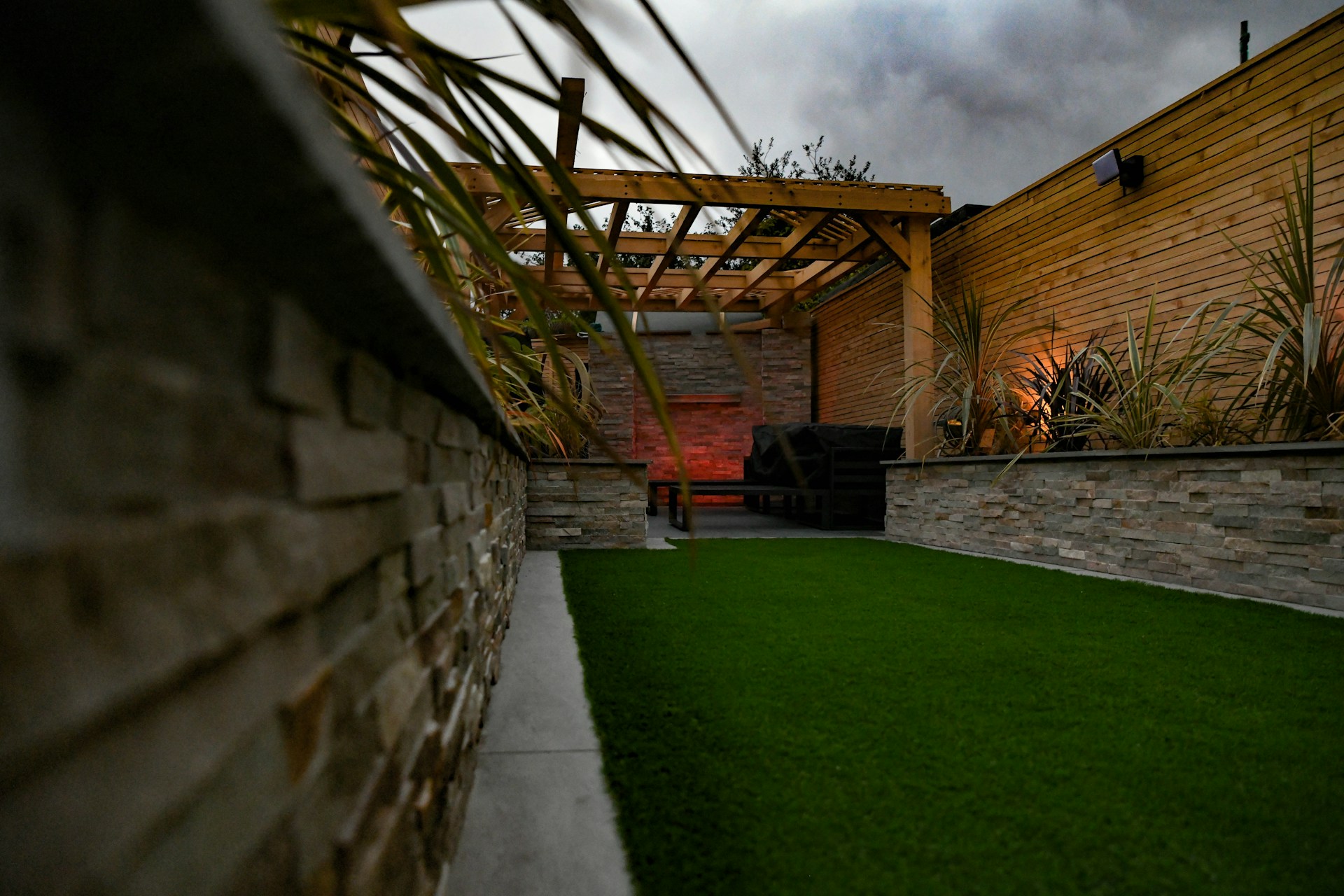A Guide For Choosing the Perfect Pergola: Enhance Your Garden with Style and Function
Pergolas have become increasingly popular outdoor structures that combine aesthetic appeal with practical functionality. These architectural features offer shade, define outdoor spaces, and create an inviting atmosphere for relaxation and entertainment. Whether you're looking to enhance your garden's visual appeal or create a dedicated outdoor living area, selecting the right pergola involves considering various factors including materials, design, size, and budget.

What Are Your Pergola Options?
When exploring pergola options, you’ll encounter several distinct styles and configurations. Traditional pergolas feature open lattice roofing supported by vertical posts, creating partial shade while maintaining an airy feel. Modern pergolas often incorporate clean lines and contemporary materials like aluminum or steel. Attached pergolas connect directly to your home’s structure, extending living space seamlessly, while freestanding pergolas can be positioned anywhere in your garden.
Material choices significantly impact both appearance and longevity. Wood pergolas, particularly cedar and redwood, offer natural beauty and can be customized easily. Vinyl pergolas require minimal maintenance and resist weather damage. Metal pergolas, including aluminum and steel options, provide durability and sleek aesthetics. Composite materials combine the appearance of wood with enhanced weather resistance.
Understanding Pergola Prices and Budget Planning
Pergola prices vary considerably based on size, materials, and installation complexity. Basic wooden pergolas typically range from $1,500 to $4,000 for DIY kits, while professionally installed versions can cost $3,000 to $8,000. Vinyl pergolas generally fall between $2,000 and $6,000, offering lower maintenance costs over time. Metal pergolas range from $2,500 to $10,000, with aluminum options being more affordable than steel.
Custom pergolas with premium materials or elaborate designs can exceed $15,000. Additional features like retractable canopies, integrated lighting, or decorative elements increase costs substantially. Labor costs for professional installation typically add 30-50% to material costs, depending on site complexity and local rates.
How Pergolas Enhance Your Garden with Style and Function
Pergolas enhance gardens by creating defined outdoor rooms and focal points. They provide structure for climbing plants, transforming into living canopies over time. Popular climbing options include grapevines, wisteria, jasmine, and roses, which add fragrance and seasonal color while increasing privacy.
Functionally, pergolas offer partial shade protection, reducing sun exposure by 20-50% depending on slat spacing and orientation. This makes outdoor spaces more comfortable during peak sun hours while maintaining adequate light for most activities. Pergolas also increase property value, with well-designed installations typically adding 5-10% to home value.
The architectural impact extends beyond mere functionality. Pergolas create vertical interest in flat landscapes, frame views, and establish natural gathering spaces. They serve as transition elements between different garden areas and can define dining, lounging, or entertainment zones effectively.
| Provider | Pergola Type | Size Range | Price Range |
|---|---|---|---|
| Home Depot | Cedar/Vinyl Kits | 8x8 to 12x16 feet | $800 - $3,500 |
| Lowe’s | Wood/Metal Options | 10x10 to 14x14 feet | $1,200 - $4,200 |
| Costco | Cedar/Aluminum | 10x12 to 12x16 feet | $1,500 - $5,000 |
| Backyard Discovery | Wood Pergolas | 10x10 to 14x10 feet | $1,000 - $3,800 |
| Pergola Depot | Custom Metal/Wood | Various sizes | $2,500 - $12,000 |
Prices, rates, or cost estimates mentioned in this article are based on the latest available information but may change over time. Independent research is advised before making financial decisions.
Installation Considerations and Site Preparation
Proper installation ensures pergola longevity and safety. Site selection requires considering sun patterns, existing landscaping, and proximity to utilities. Level ground simplifies installation, while sloped areas may require additional preparation or specialized footings.
Foundation requirements depend on pergola size and local building codes. Smaller structures may use concrete footings or ground anchors, while larger pergolas often require concrete pads or buried posts. Wind loads and snow loads influence structural requirements in different climates.
Professional installation guarantees proper construction and often includes warranties. However, experienced DIY enthusiasts can successfully install kit pergolas with proper planning and tools. Building permits may be required for larger structures or those attached to homes.
Maintenance and Long-term Care
Maintenance requirements vary significantly by material choice. Wood pergolas need regular staining or sealing every 2-3 years to prevent weathering and insect damage. Vinyl pergolas require only occasional cleaning with soap and water. Metal pergolas may need periodic inspection for rust or loose connections.
Seasonal maintenance includes clearing debris from joints, checking structural connections, and pruning climbing plants appropriately. Winter preparation in cold climates may involve removing temporary elements and ensuring adequate drainage to prevent ice damage.
Regular maintenance extends pergola lifespan considerably. Well-maintained wood pergolas can last 15-25 years, while vinyl and metal options may last 25-50 years with minimal care.
Selecting the perfect pergola involves balancing aesthetic preferences, functional requirements, and budget constraints. By carefully considering material options, size requirements, and installation factors, you can create an outdoor structure that enhances your garden’s beauty while providing years of enjoyment. Whether you choose a simple wooden design or an elaborate custom installation, a well-planned pergola becomes a valuable addition to any outdoor space.




